A French homophone is the same thing as an English homophone: two (or more) words that sound the same when said out loud but aren’t usually spelled the same way and don’t have the same meaning. We’ve compiled 20 of the most common French homophones, even though there are tons more!
French Homophones to Know
When you’re learning a new language, especially French, it can be difficult to write down certain words because orally, they could sound the same but won’t have the same meaning when said it in a certain context.
À/a
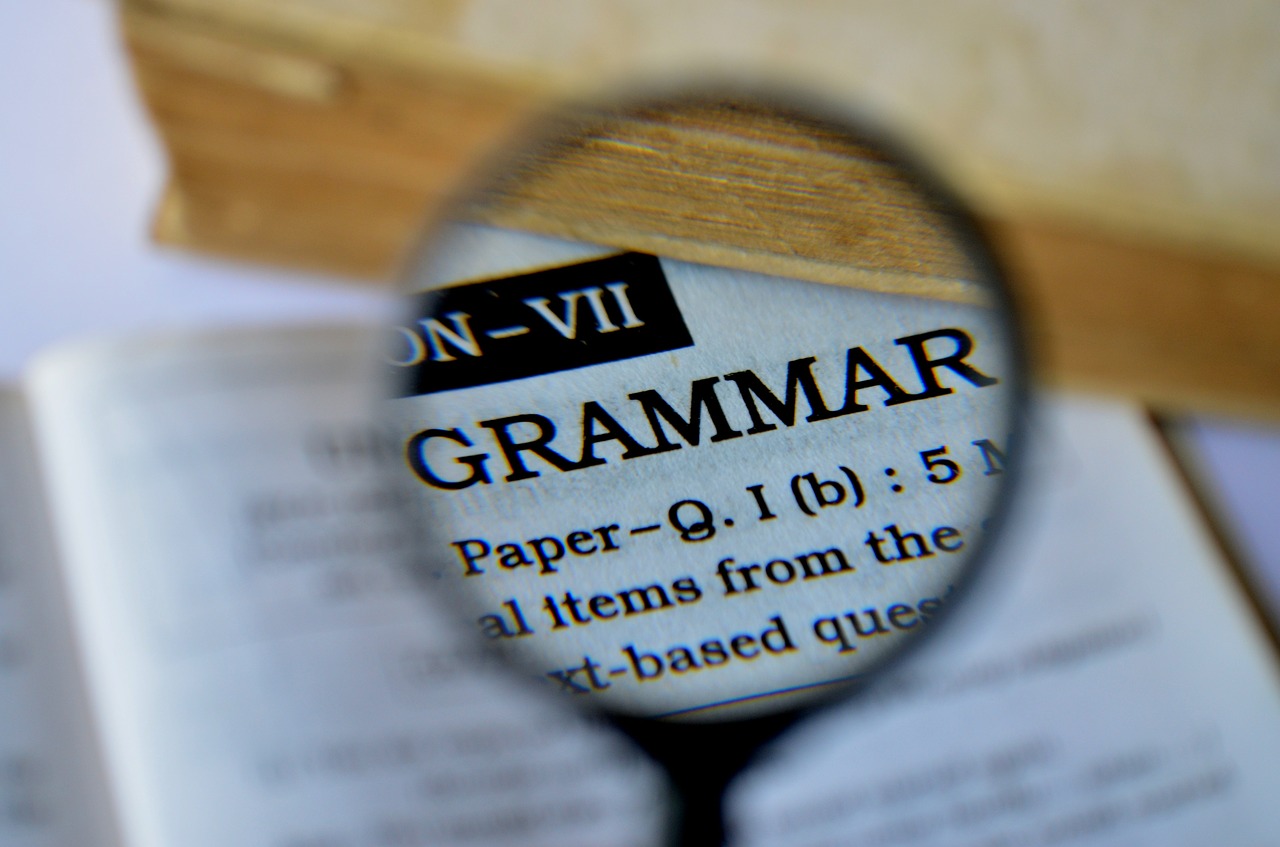
À is a preposition, whereas a is the present tense of the verb avoir. If you’re not sure which one to use, you can always replace a with avait. Here is an example: Florence a (avait) gagné un concours (Florence won a contest). Since you can replace the a with avait in this sentence, you must use the verb avoir (a). Here’s an example of a sentence with the preposition à: Ma soeur est allée à Bali cet été (My sister went to Bali this summer). You can’t replace the à with a in this sentence.
Ou/où

You use ou when you are expressing a choice, an opposition or an approximation. For example, Je vais manger du spaghetti ou un steak ce soir au restaurant (I will eat spaghetti or a steak tonight at the restaurant). You can replace ou by et and if it makes sense then you know you are using it properly. Où, one the other hand, is an adverb used to talk or ask about a place or time on in an interrogative sentence. Here is an example: Où vas-tu ce soir? (Where are you going tonight?).
Tour/tour

Tour can have two meanings: either it can be a tower or it can be the act of turning. So, saying J’ai bien aimé visiter la tour du château (I really enjoyed visiting the castle’s tower) versus Je devais faire le tour de la maison pour m’assurer que toutes les fenêtres étaient verrouillées (I had to go around the whole house to make sure all the windows were locked).
Chouette/chouette

A chouette can either be a nocturnal bird (an owl) or it can also be an adjective that means something is pleasant or nice. For example, Ce nouveau restaurant est vraiment chouette (this new restaurant is really nice) compared to Je me suis promené dans les bois tôt ce matin et j’ai vu une chouette (I walked into the forest early this morning and I saw an owl).
Pair/paire/père/pers

Pair can either be a noun or an adjective. As a noun, it means a peer and as an adjective is a number that you can divide in half. Paire is a noun that means pair (for example, a pair of sunglasses). Père means father and pers is the colour associated to blue-green eyes. French homophones are tricky, aren’t they?
Amande/amende
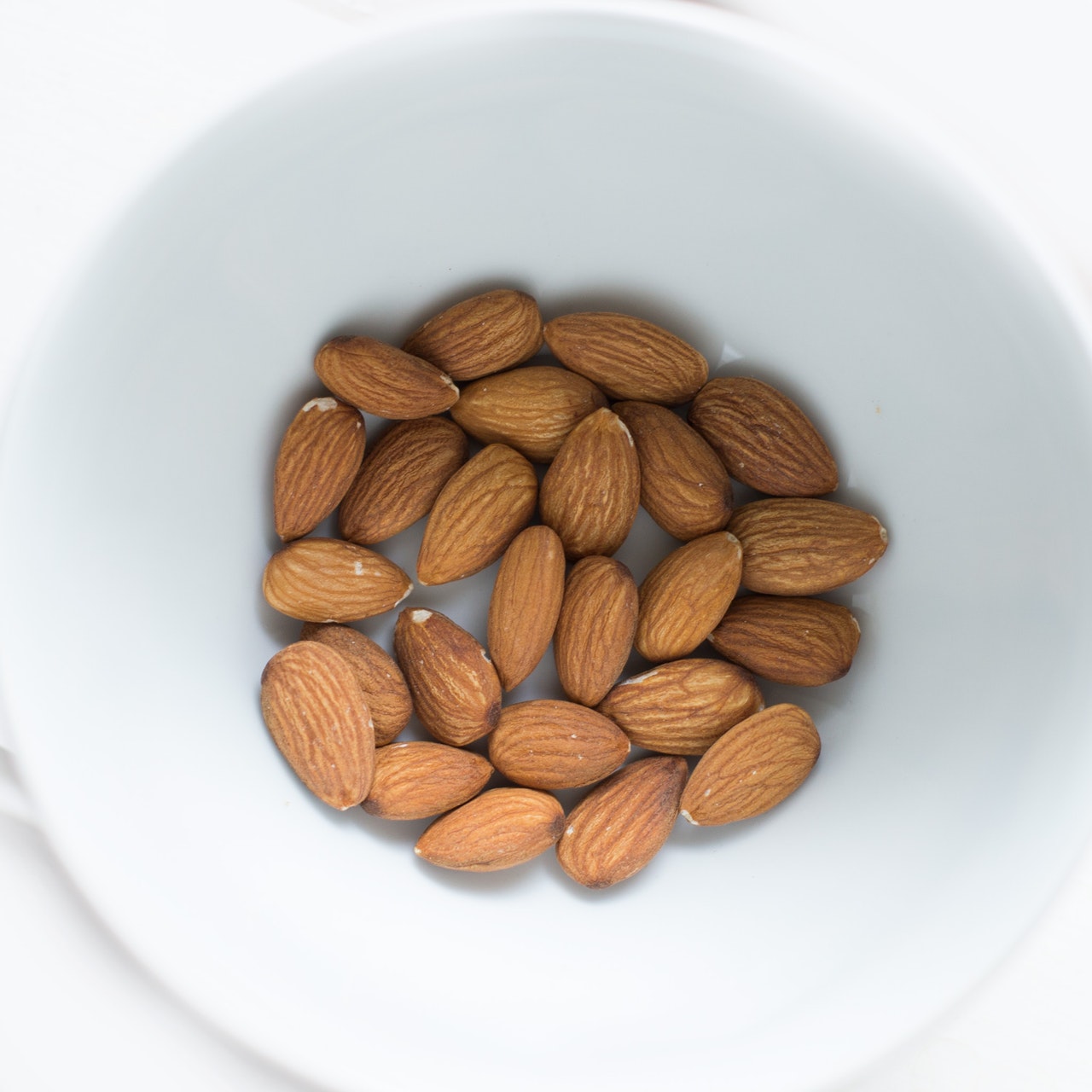
Since these words aren’t written the same way, they are easier to tell apart. Amande means almond whereas amende means a fine. If you ever get confused, just remember that almond is written with an “a” and you can think of “amends” when you write down amende.
Cent/sang/sens/sans
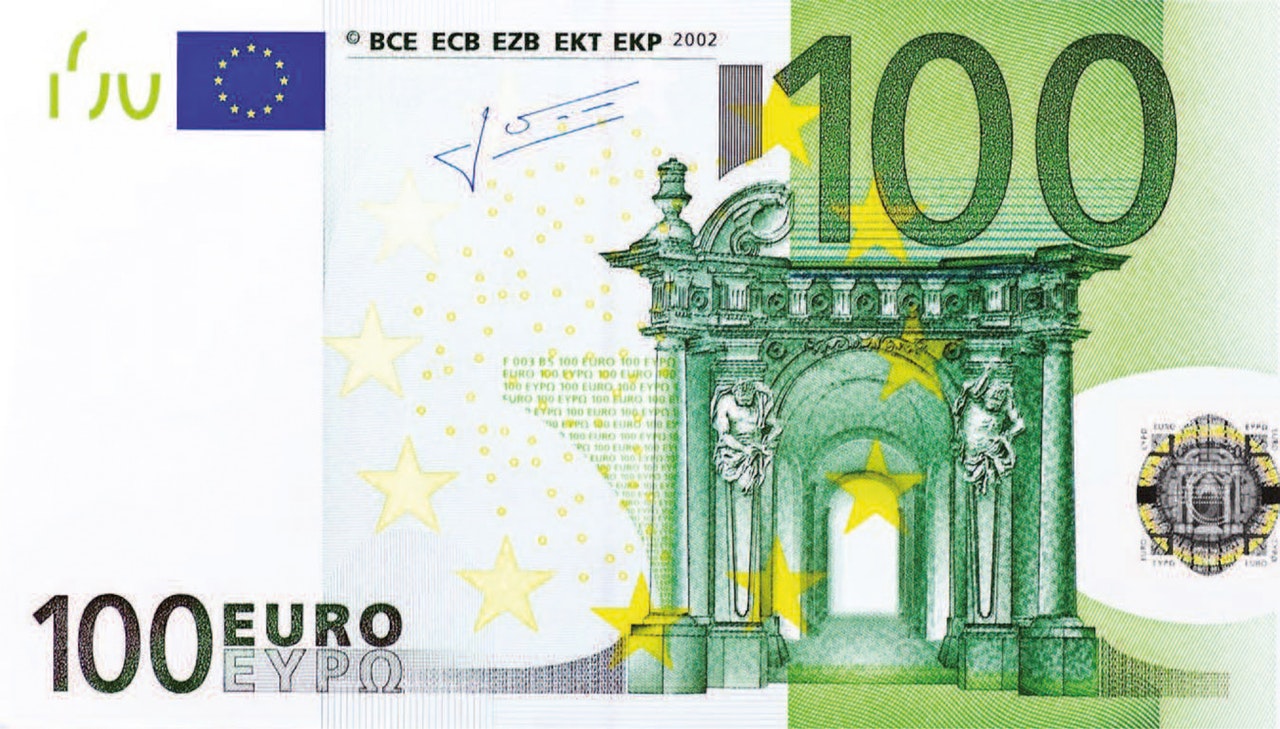
Some French homophones are more difficult than others. There are a lot of words with the same s sound. Cent means one hundred, sang means blood, sens means sense, for example, ceci ne fait pas de sens (this doesn’t make sense). Finally, sans means without. It is interesting because you say the last “s” in sens but not for sans.
Plus tôt/plutôt

This is one of the harder homophones to remember since they are almost written the same and have similar meanings. For plus tôt, it means earlier and plutôt means rather or instead. Here are some examples: Vas-tu partir plus tôt pour ne pas manquer ton cours cette semaine? (Will you leave earlier so you don’t miss your class this week?) versus Plutôt que l’éviter, elle est allée lui parler directement (Instead of avoiding him, she went to see him right away).
Dent/dans
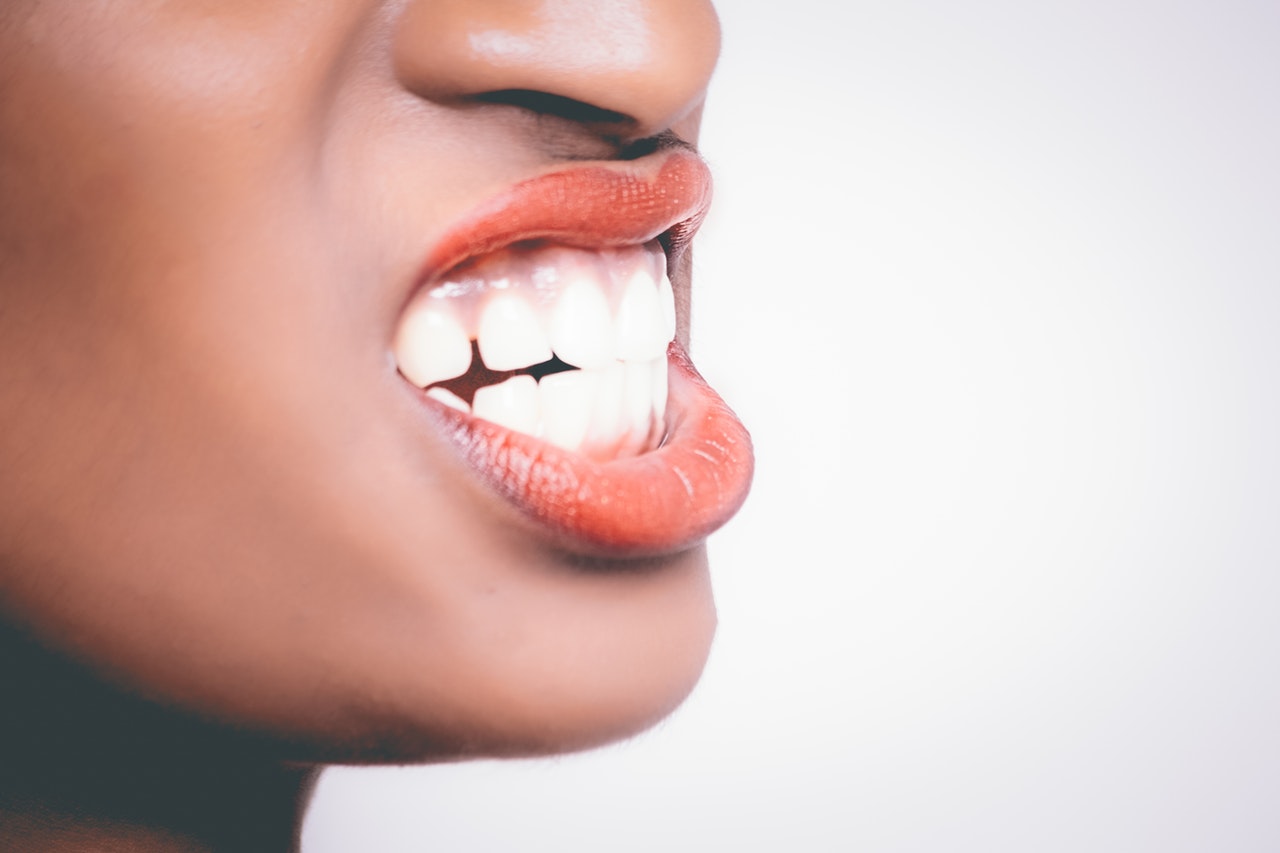
Dent means teeth and dans means in, within, inside. If ever you get confused between the two, here is a (not so logical) tip. Dent has a t in it so it is closer to the word tooth. Whatever helps, right?
Mer/mère/maire

These three words sound the same but don’t mean the same thing. Mer means the sea, mère means mother, and maire means mayor. Let’s practice with some examples: J’adore l’odeur de la mer (I love the smell of the sea), Ma mère pense qu’elle a toujours raison (My mother always thinks she is right), and Le maire de ma ville est très jeune (The mayor of my city is very young). Did you know about these French homophones?
Reine/renne

A reine is a queen and a renne is a reindeer. Thankfully, these two words don’t usually end up in the same sentence so as long as you focus on the other words in a sentence with the word reine or renne then everything should go well.
Auteur/hauteur

These two words have very different meanings but when said out loud they sound exactly the same. Auteur means an author and hauteur means height. The h in hauteur is silent because it is a sucked in h so that’s why you don’t pronounce it. Here’s an example of these two words in a sentence: L’auteur n’aime vraiment pas les hauteurs (the author really doesn’t like heights).
Boue/bout
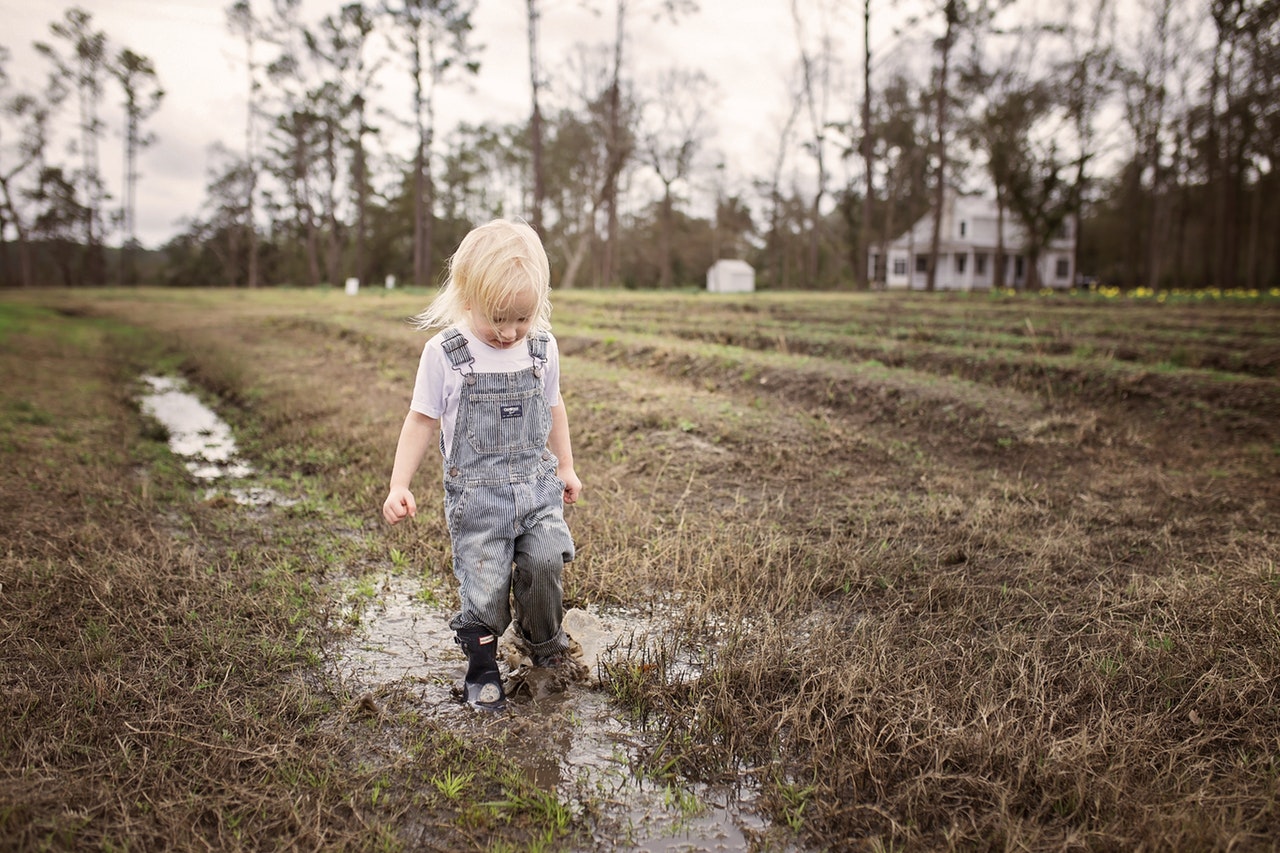
Boue means mud and bout means tip. However, tip means the physical tip of something (like the tip of your finger) and not a tip like money added to your bill at the restaurant. Here are some examples: Mon garçon a joué dans la boue tout l’après-midi (My son played in the mud all afternoon) and Le bout de mon doigt saigne (The tip of my finger is bleeding).
Tante/tente

This is one of the hardest French homophones for English speakers who are learning the language. These two words sound the same and are almost written the same way but at least, they really don’t mean the same thing. Tante means aunt and tente means a tent. Let’s practice with some examples: J’aime beaucoup visiter ma tante à Calgary (I really enjoy visiting my aunt in Calgary) and Mes amis et moi avons eu beaucoup de misère à dresser la tente (My friends and I had a lot of difficulties putting up the tent).
Sel/selle/celle

These three words are quite easy to distinguish so they shouldn’t be too much of a problem. Sel means salt, selle means saddle, and celle is a feminine demonstrative pronoun. Here are some examples: Ma grand-mère rajoute toujours trop de sel dans ses recettes (My grandmother always adds too much salt in her recipes), J’ai reçu une nouvelle selle en cadeau pour ma compétition d’équitation (I received a new saddle for my birthday for my horseback riding competition), and Je voudrais celle-là (I would like this one).
Davantage/d’avantage
This is another difficult French homophone. Davantage means more and d’avantage means advantage or a benefit. So, for example, saying: Sarah veut davantage de spaghetti (Sarah wants more spaghetti) versus Habiter chez ses parents a beaucoup d’avantages (Living at one’s parents house has a lot of advantages).
Vert/verre/ver/vers
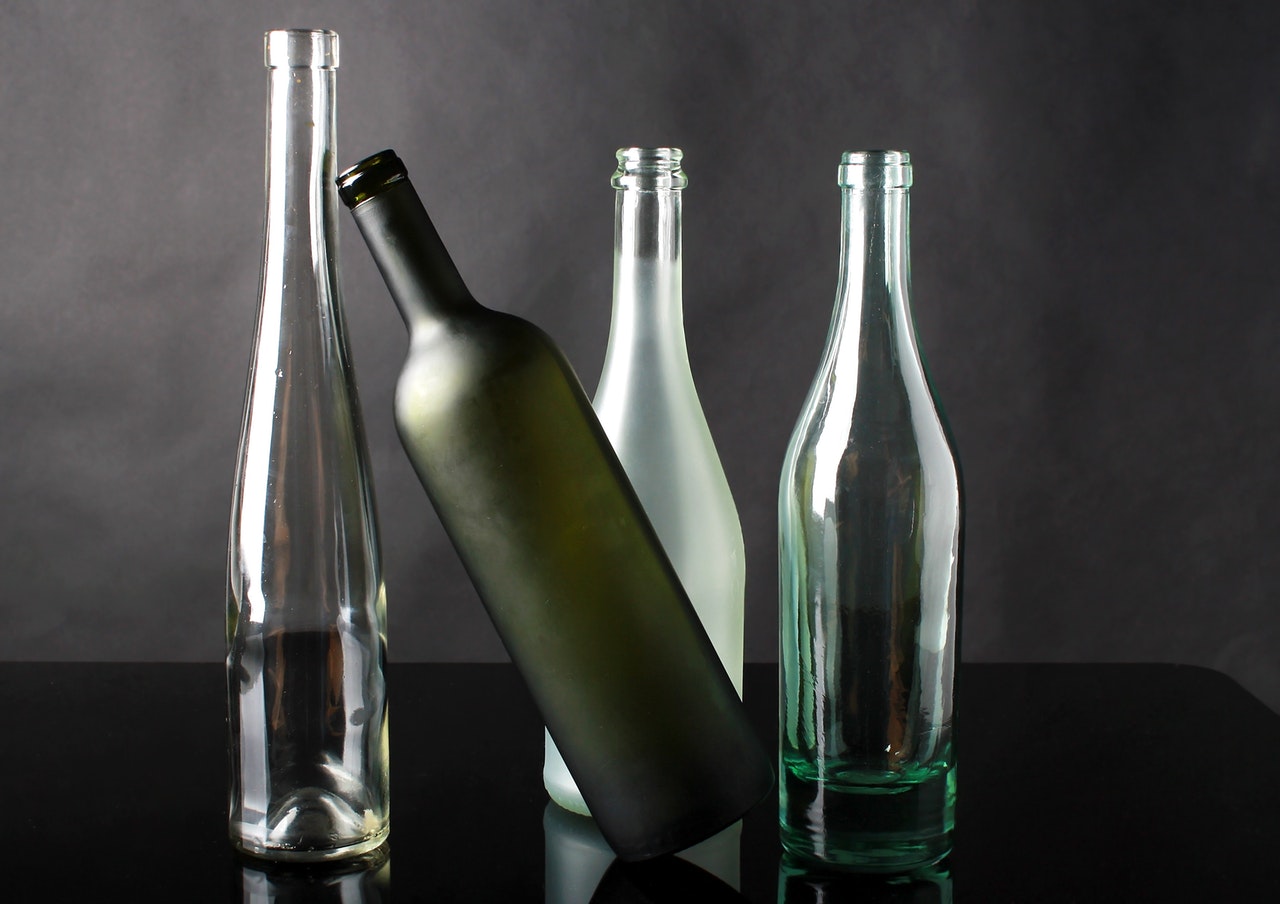
All these words may sound the same but they all mean very different things. Vert means the colour green, verre means glass, ver means worm, and vers means toward, around. Here are some examples: Elle a les yeux verts (She has green eyes), J’avais besoin d’un grand verre d’eau après ma course (I needed a large glass of water after my run), Quand il pleut, on voit toujours beaucoup de vers* (When it rains, we always see a lot of worms), and Elle s’est dirigée vers sa maison (She headed towards her house).
*Of course, when ver is plural, you need to add an s at the end which can add confusion. Gotcha!
Quand/quant
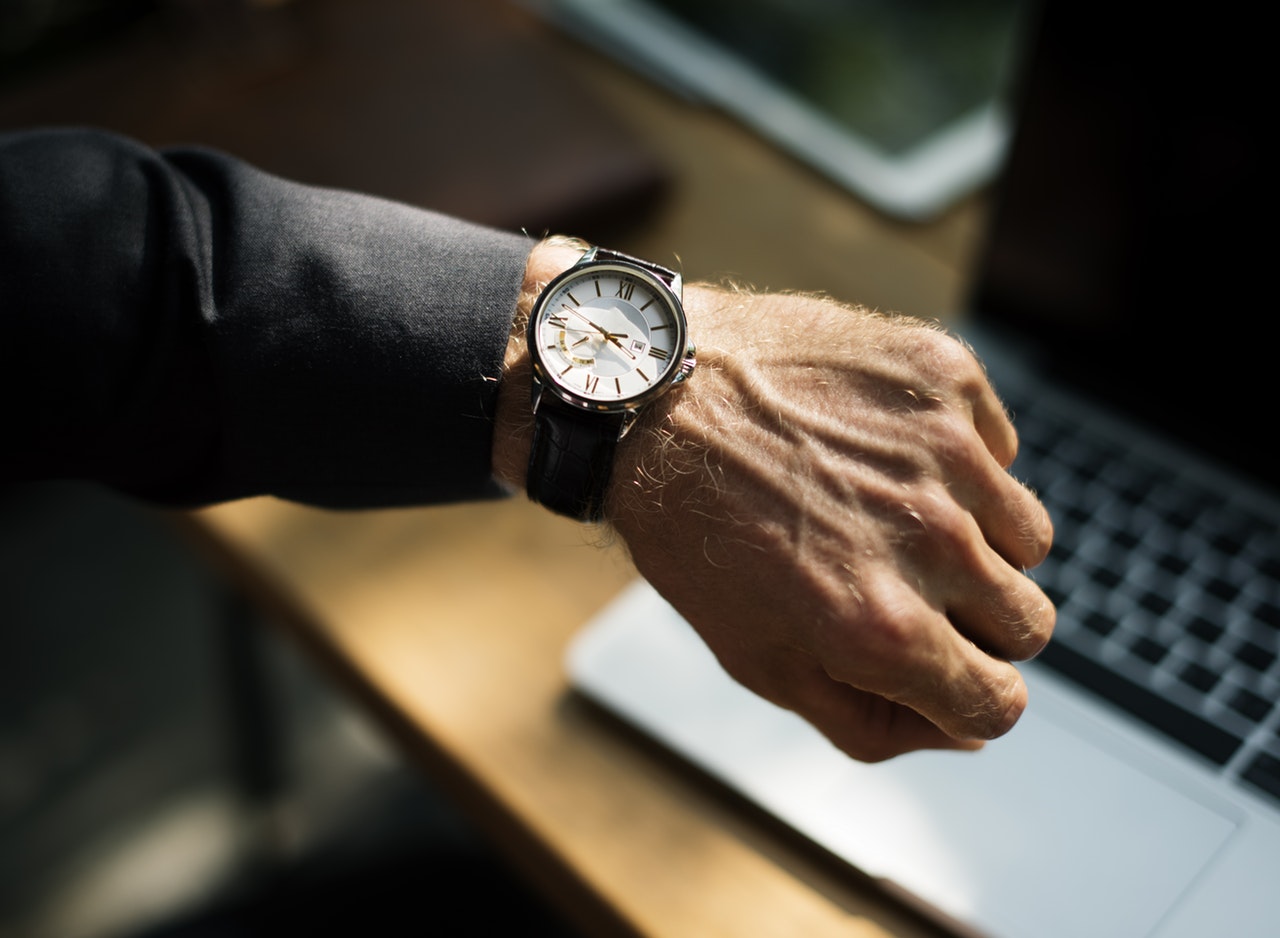
This is another more difficult homophone. Quand means when and quant means as for, about, regarding. So, if you say Quand veux-tu manger? (When do you want to eat?) and Quant à moi, je ne voudrais pas être à sa place (As for me, I wouldn’t want to be in her shoes).
Foi/foie/fois

These three words all have their own very different meanings. Foi means faith, foie mean liver (you probably already know what foie gras, so this can be a good way to remember what the word foie means), and fois means a time. Here are some examples: J’ai foi en toi (I have faith in you), Mon grand-père est mort du cancer du foie (my grandfather died of liver cancer), and Chaque fois qu’elle porte son parfum, j’éternu! (Every time she sprays her perfume, I sneeze!).
Peau/pot
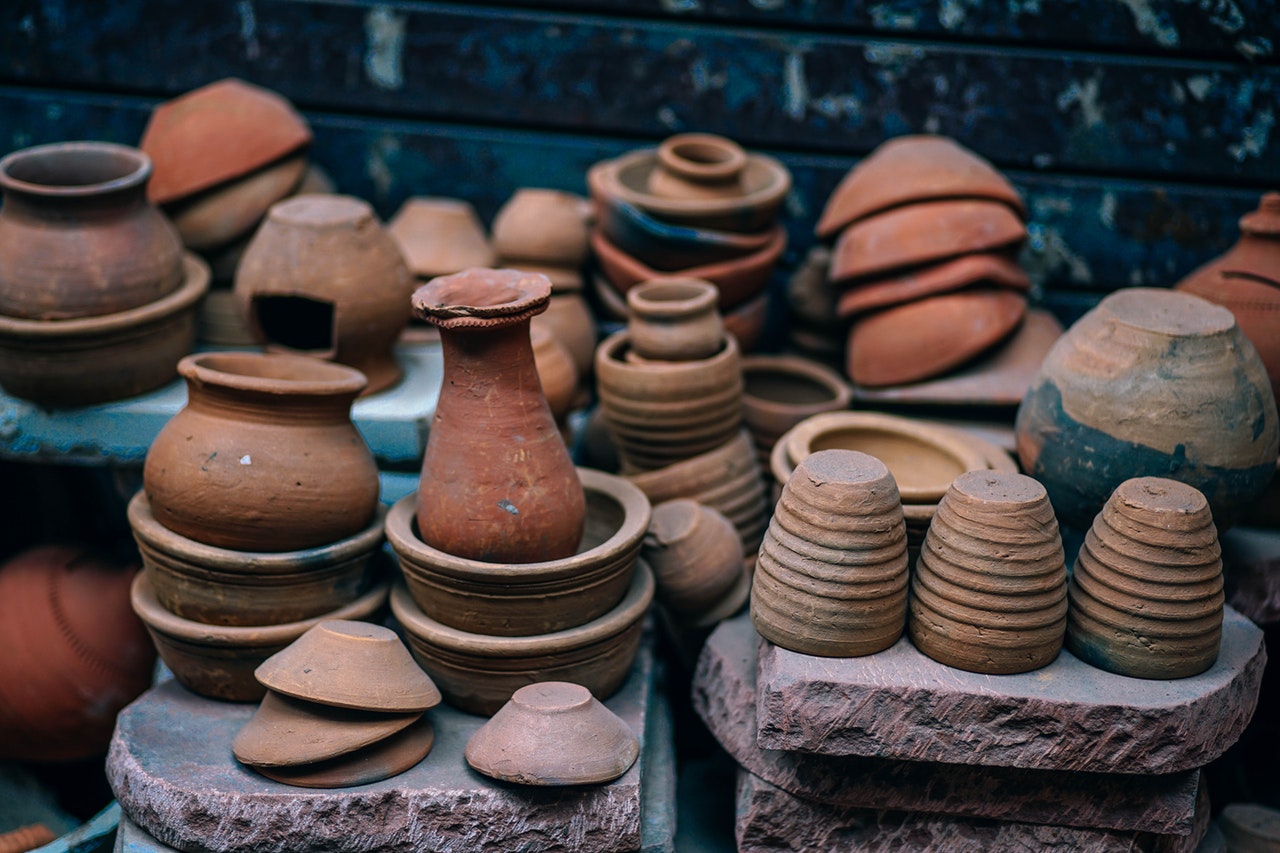
Peau means skin while pot means container or pot. If you say Ma peau devient toujours rouge après un après-midi dans le soleil (My skin always turns red after an afternoon in the sun) and Mon père a planté des fleurs en pots dans le jardin (My dad planted flowers in pots in the garden).
Do you know other French homophones?











